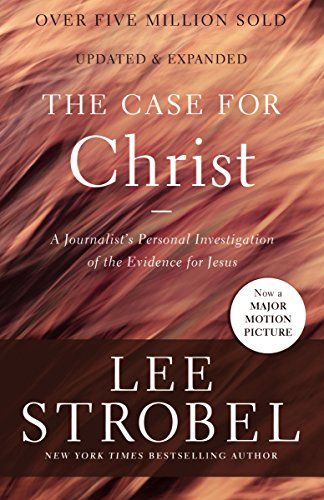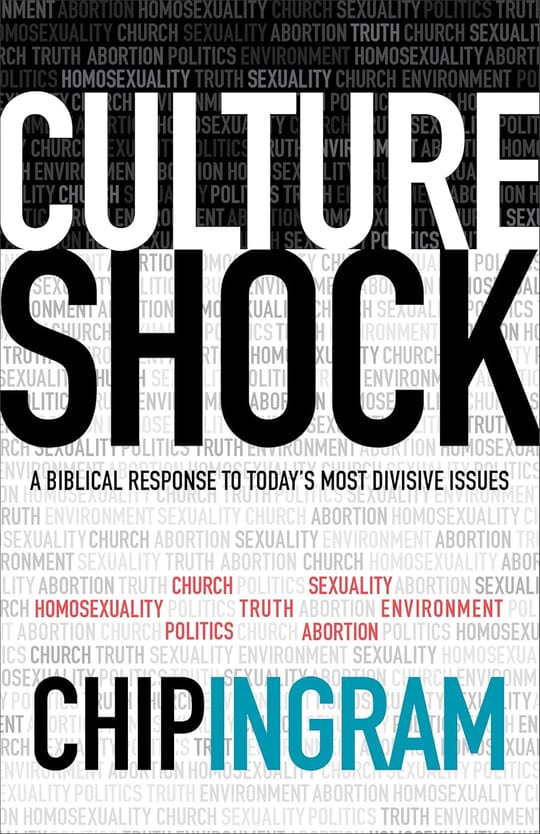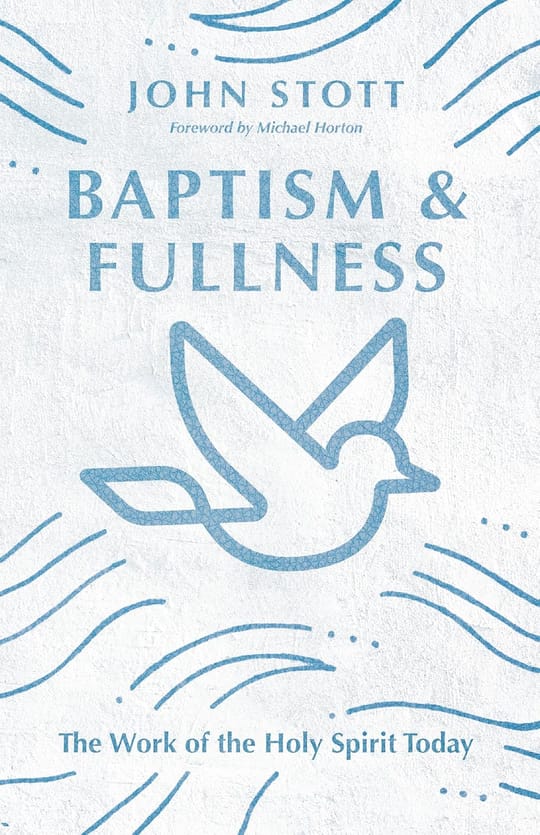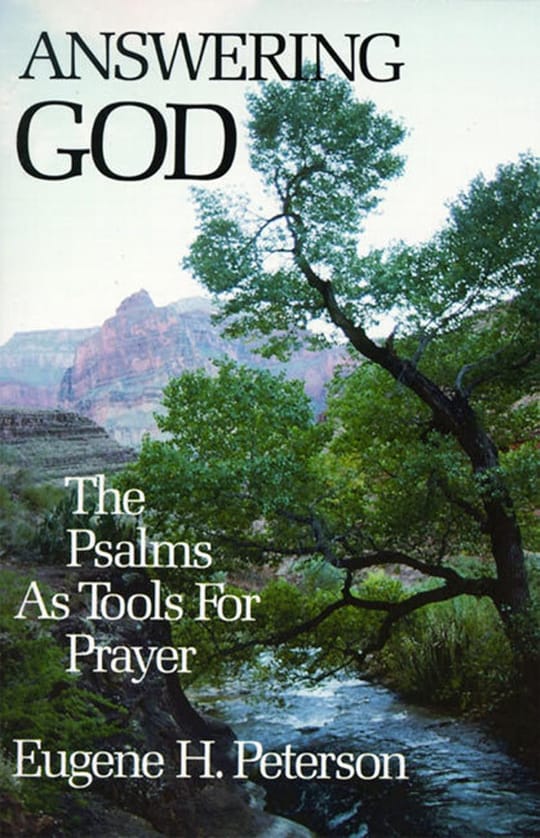Rating: 10/10
Where to Read: Kindle, Paperwork, Audiobook on YouTube
My Thoughts
Lee Strobel is a journalist and a lawyer. Like many, when he started to analyze Christianity for the sake of criticism, he ends up becoming a Christian. Lee’s writing style is straightforward and compelling. I highly recommend this book for anyone as an introduction to the subject of apologetics. Lee has turned this book into a movie, study series, and teaching courses.
Quick Summary
7 Claims of Christianity that Lee says is provable:
- There is historical proof for Jesus Christ’s existence.
- Jesus really did die.
- The Gospels accounts add credibility to the claims.
- There were over 500 witnesses to Jesus resurrection.
- The disciples change of heart add credibility as well.
- The case for Christ: Ancient people weren’t stupid. They knew how to parse logic.
- The Bible has historical validation.
Book Documentary
Goodreads Bio
There's little question that he actually lived. But miracles? Rising from the dead? Some of the stories you hear about him sound like just that - stories. A reasonable person would never believe them, let alone the claim that he's the only way to God! But a reasonable person would also make sure that he or she understood the facts before jumping to conclusions. That's why Lee Strobel - an award-winning legal journalist with a knack for asking tough questions - decided to investigate Jesus for himself. An atheist, Strobel felt certain his findings would bring Christianity's claims about Jesus tumbling down like a house of cards. He was in for the surprise of his life. Join him as he retraces his journey from skepticism to faith. You'll consult expert testimony as you sift through the truths that history, science, psychiatry, literature, and religion reveal. Like Strobel, you'll be amazed at the evidence - how much there is, how strong it is, and what it says. The facts are in. What will your verdict be in The Case for Christ?
Quotes
“The Jews proposed the ridiculous story that the guards had fallen asleep. Obviously, they were grasping at straws. But the point is this: they started with the assumption that the tomb was vacant! Why? Because they knew it was!”
“We have to ask, Why is there no other first-century Jew who has millions of followers today? Why isn’t there a John the Baptist movement? Why, of all first-century figures, including the Roman emperors, is Jesus still worshiped today, while the others have crumbled into the dust of history?”
“He hadn’t changed since I had seen him a few years earlier. With his close-cropped black beard, angular features, and riveting gaze, Craig still looks the role of a serious scholar. He speaks in cogent sentences, never losing his train of thought, always working through an answer methodically, point by point, fact by fact.”
“But your love goes beyond that. You can know all these things about your wife and not be in love with her and put your trust in her, but you do. So the decision goes beyond the evidence, yet it is there also on the basis of the evidence. So it is with falling in love with Jesus. To have a relationship with Jesus Christ goes beyond just knowing the historical facts about him, yet it's rooted in the historical facts about him.”
“If the gospels had been identical to each other, word for word, this would have raised charges that the authors had conspired among themselves to coordinate their stories in advance, and that would have cast doubt on them.”
“Historians usually operate with the burden of proof on the historian to prove falsity or unreliability, since people are generally not compulsive liars. Without that assumption we’d know very little about ancient history.”
“The implication is that the people of God were lost and that God had to do something—as he had always done—to intervene and set them back on the right track. But there was a difference this time. This was the last time. This was the last chance.”
“I raised my hand to stop him. “Whoa—here’s where skeptics have a field day,” I told him. “The gospels tell us he began to sweat blood at this point. Now, c’mon, isn’t that just a product of some overactive imaginations? Doesn’t that call into question the accuracy of the gospel writers?” Unfazed, Metherell shook his head. “Not at all,” he replied. “This is a known medical condition called hematidrosis. It’s not very common, but it is associated with a high degree of psychological stress.”
“In dealing with history, he added, all sorts of things are possible, but not all possible things are equally probable.”
“The Stones and the Scriptures; The Scriptures and Archaeology; and The World of the First Christians.”
“Luke, the theologian of the poor and of social concern; Matthew, the theologian trying to understand the relationship of Christianity and Judaism; Mark, who shows Jesus as the suffering servant. You can make a long list of the distinctive theologies of Matthew, Mark, and Luke.”
“Jesus, the ultimate sacrificial lamb of God, who paid for sin once and for all. Here was the personification of God’s plan of redemption.”
“People will die for their religious beliefs if they sincerely believe they’re true, but people won’t die for their religious beliefs if they know their beliefs are false.”
“Basically, he says the evidential values of Paul’s conversion and Muhammad’s conversion cancel each other out,” I told Moreland. “Frankly, that seems like a good point. Won’t you admit that he’s right?” Moreland didn’t bite. “Let’s take a look at Muhammad’s conversion,” he said with confidence in his voice. “No one knows anything about it. Muhammad claims he went into a cave and had a religious experience in which Allah revealed the Koran to him. There’s no other eyewitness to verify this. Muhammad offered no publicly miraculous signs to certify anything.”
“We’re Western individualists who like technological and sociological change,” I observed. “Traditions don’t mean as much to us.”










